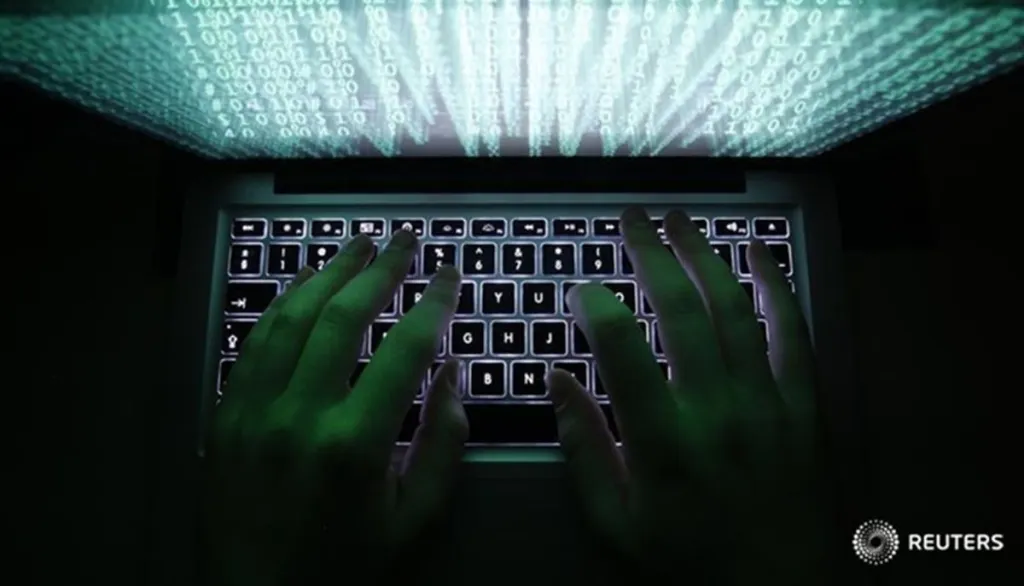Your password is a key component to protect your investment. Setting up secure banking passwords is crucial in safeguarding your financial information. It is important that you keep in mind certain strategies before creating banking or investment account passwords.
Here are some quick tips to ensure your banking passwords remain secure:
Complexity
Create passwords that are complex and difficult to guess. Use a combination of uppercase and lowercase letters, numbers, and special characters to enhance security.
Avoid Common Phrases
Steer clear of using easily guessable passwords like ‘password123’ or common phrases. Hackers often use dictionary-based attacks to crack passwords made of easily accessible words.
Unique Passwords
Avoid using the same password across multiple accounts. If one password gets compromised, having unique passwords prevents attackers from accessing all your accounts.
Length Matters
Aim for longer passwords. The longer the password, the harder it is to crack. Consider using passphrases that are easy for you to remember but challenging for others to guess.
Regularly Update
Change your banking passwords periodically. It’s recommended to update them every few months to reduce the risk of unauthorised access.
Adhil Shetty, CEO, Bankbazaar.com, says, “You should also update your password every three to six months to be 100 per cent safe, and you should change it immediately if a website you’re registered with has been compromised. We tend to use the same password on multiple sites. Therefore, a breach of one account should prompt you to change the passwords of all your accounts – especially those carrying sensitive data.”
Avoid Personal Information
Refrain from using easily accessible personal details like your birthdate, phone number, or family members’ names in your passwords. This information can be easily obtained or guessed.
Multi-factor Authentication
Whenever possible, enable multi-factor authentication for your banking accounts. This adds an extra layer of security by requiring a secondary form of verification, such as a code sent to your mobile device.
Secure Password
If you have trouble remembering complex passwords, consider using a reputable password manager. These tools securely store your passwords and can generate strong, unique passwords for each of your accounts.
Beware of Phishing
Be cautious of phishing emails or messages attempting to trick you into revealing your banking credentials. Verify the authenticity of any communication before entering your password.
Securely Store Passwords
Avoid writing down passwords in easily accessible places. Memorise them if possible or store them securely in a place only you can access.
By following these simple yet effective tips, you can significantly enhance the security of your internet banking passwords and protect your financial information from unauthorised access or cyber threats.

